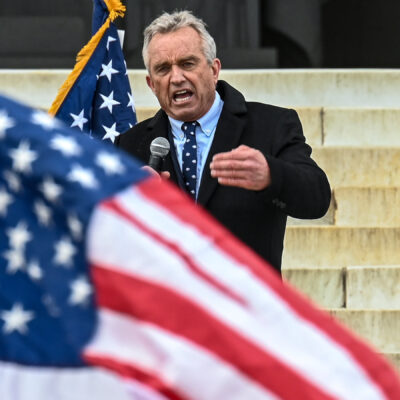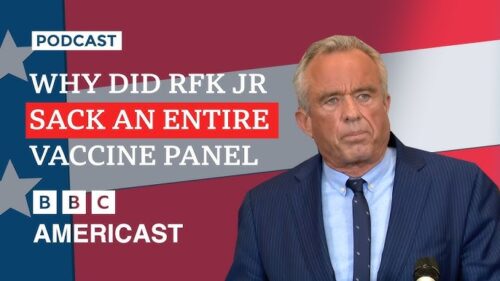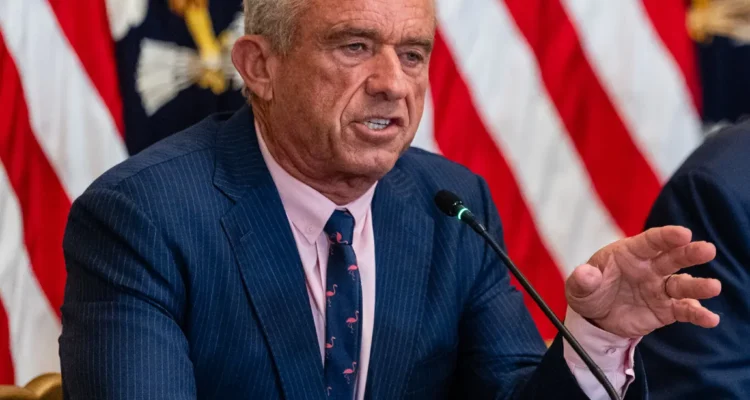Health and Human Services Secretary Robert F. Kennedy Jr. has announced the cancellation of approximately $500 million in federal funding for mRNA-based vaccine development. This move, affecting 22 active projects, has raised alarms among scientists who argue it threatens pandemic preparedness and biomedical innovation .
Critics emphasized that mRNA vaccines played a pivotal role in slowing the COVID‑19 pandemic and have broad potential in treating cancers, HIV, RSV, and more.
The terminations include federal contracts overseen by the Biomedical Advanced Research and Development Authority (BARDA), targeting respiratory viruses such as COVID‑19, influenza, and bird flu (H5N1). The affected projects involved major pharmaceutical firms including Moderna, Pfizer, Sanofi Pasteur, and partnerships with academic and biotech entities like Emory University, Gritstone, and CSL Seqirus.

Secretary Kennedy framed the decision as a science-based pivot. He claimed a new review by NIH and FDA officials showed that mRNA vaccines delivered “more risk than benefits” when applied to upper respiratory infections, citing concerns about reduced efficacy if viruses mutate. He announced that HHS will now focus on alternative vaccine platforms—such as whole‑virus vaccines and universal immunization strategies—that potentially offer broader protection through natural immunity–style responses.

Leading public health experts blasted the move as premature and dangerous.
-
Michael Osterholm, a veteran epidemiologist, called it “one of the worst decisions I’ve seen in 50 years of public health preparedness”.
-
Dr. Paul Offit labelled the decision “not based on scientific evidence” and likely to “put this country at unnecessary risk”.
-
Dr. Peter Hotez warned the shift would “weaken our nation’s biosecurity” and perpetuate what he termed a “pseudoscience agenda”.
“This is a bad day for science,” said Scott Hensley, an immunologist at the University of Pennsylvania who has been working to develop an mRNA vaccine against influenza.
By cutting off mRNA development, the health department is “undermining our ability to rapidly counter future biological threats,” said Rick Bright, a flu expert who was ousted as chief of BARDA during the first Trump administration and resigned from a lesser position in protest.
Why It Matters
Observers see the decision as emblematic of a broader shift in U.S. science and health policy under the Trump administration, which has already proposed deep cuts to agencies like the NIH, CDC, and NSF for Fiscal Year 2026 funding. Funding for future pandemic countermeasures, biotech research, and even global vaccine coordination is now in question amid reduced support and altered priorities.
The policy change also comes at a time when COVID‑19 cases are rising again in the U.S. and students are preparing for return to classrooms, raising concerns about vulnerability to another flu or COVID wave.

